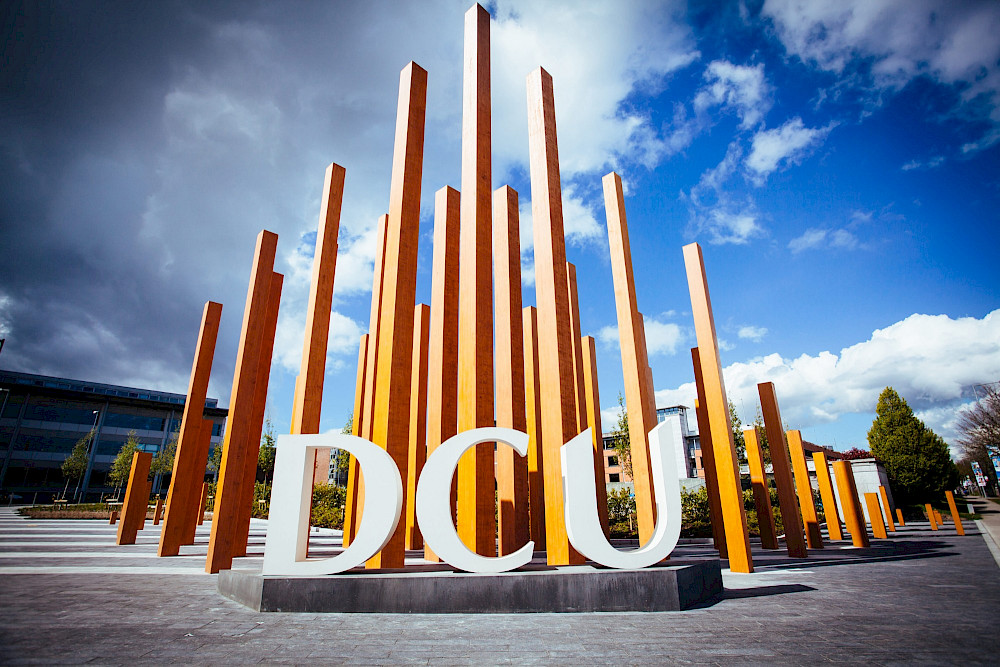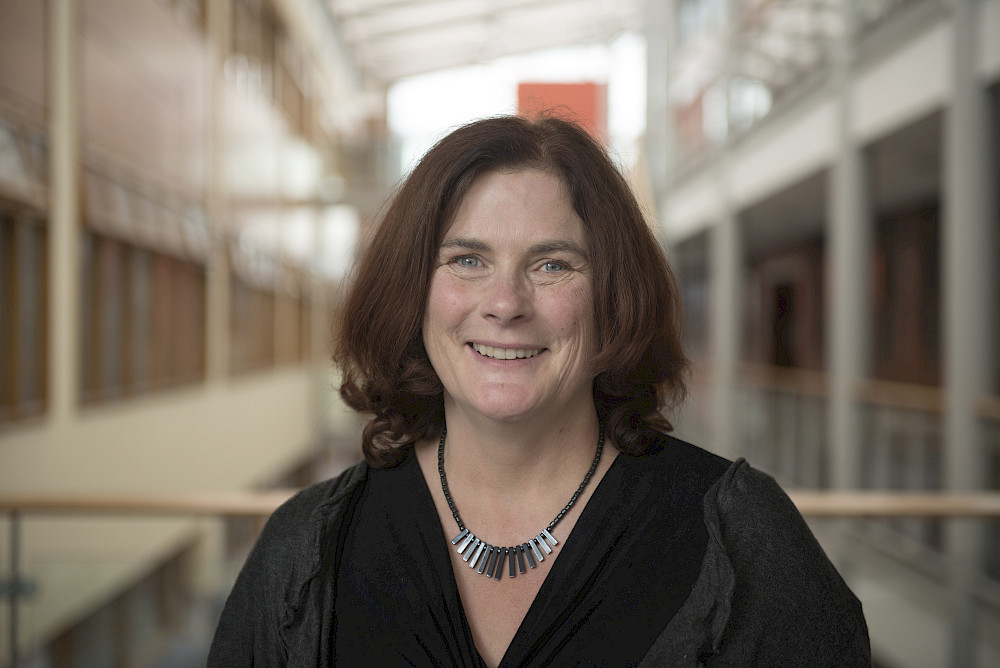About
Professor Jane Suiter is the Director of DCU Institute for Media, Democracy and Society (FuJo). She is a social scientist whose research interests focus on the public sphere. Her present research is focused on the social, political and communicative aspects of citizen participation, empowerment and direct and participative democracy.
She has a particular interest in the potential of deliberation and how worked on and researcher a number of real world deliberative assemblies including We the Citizens, the Irish Constitutional Convention and Citizen Assembly. She has a particular focus on the media both traditional and new media.
Jane currently leads several projects including H2020_ICT28 PROVENANCE Countering Online Disinformation, and H2020_ITN_JOLT Harnessing technology for Journalism as well as the Reuters Digital News Report (Ireland).
Jane is a Visiting Fellow at the Reuters Institute, Oxford University, communication chair of COST ISI308 examining populist political communication and is on the Standing Committee of the ECPR standing group on Democratic Innovations.
Previous projects include: Hearing Women’s Voices, Climate Change in Irish Media, EU COST research on populist political communication in the media and an Irish Research Council project on the communication of referendums.
Jane’s professional background is in journalism: she began her career at the FT Group and then moved to AP Dow Jones before working as economics editor at the Irish Times and as a current affairs presenter at TV3. She continues to contribute to broadcast and write for the print media, frequently providing expert commentary and analysis.
Speaking about the importance of FuJo’s work, Dr Suiter says that DCU is ideally placed to carry out this kind of media and journalism research because as well as housing the leading school of journalism and communications in Ireland, a very active School of Law and Government, the university has a long-established Institute of Ethics as well as being home to a large portion of the Insight Centre for Data Analytics and ADAPT (the Global Centre of Excellence for Digital Content Innovation).
She leads FuJo’s Democracy Strand, which explores how democratic systems can adapt and thrive amid complex global crises, digital disruption, and declining public trust, with particular emphasis on deliberative democratic innovations.
“The different cultures and areas of expertise of all of those people coming together will hopefully lead to some greater insights on rebuilding the public sphere in the citizens’ interests.”
Contact
Publications
Type: Journal articles
Published in: World Migration Report
Authors: Eileen Culloty, Jane Suiter, Itayi Viriri, Sara Creta
Year: 2022
URL: Resource
Type: Journal articles
Published in: European Psychologist
Authors: Jon Roozenbeek, Jane Suiter, Eileen Culloty
Year: 2022
URL: Resource
Type: Reports
Published in: Reuters Institute Digital News
Authors: Niamh Kirk, Paul McNamara, Eileen Culloty and Jane Suiter
Year: 2016
URL: Resource
Type: Reports
Published in: Reuters Digital News Report
Authors: Niamh Kirk, Jane Suiter, Paul McNamara
Year: 2015
URL: Resource
Type: Reports
Published in: Reuters Institute Digital News Report
Authors: Niamh Kirk, Kirsty Park, Dave Robbins, Eileen Culloty, Edward Casey, Jane Suiter
Year: 2020
URL: Resource
Related Projects

EDMO Ireland is one of fourteen hubs established as part of the European Digital Media Observatory (EDMO). Coordinated by Dr Eileen Culloty from Dublin City University (DCU), the EDMO Ireland consortium includes the DCU Institute for Future Media, Democracy and Society (FuJo), TheJournal FactCheck, NewsWhip, and the University of Sheffield. It is part-financed by the European Union to monitor and analyse disinformation; conduct factchecks and investigations; develop media literacy resources; as...

EUComMeet aims to examine the conditions under which deliberation and representation can be an effective response to the challenges besetting liberal representative democracies. The project will experiment with ways of systematically embedding deliberative practices and institutions in the multilevel system of governance and representation of the EU. It will also explore how deliberation and participation can help reduce polarisation, strengthen European identity, encourage inclusiveness and nar...

The Irish Research Council awarded a prestigious Consolidator Laureate Award to Prof. Jane Suiter for the COMDEL project. COMDEL’s ambition is to advance frontier research on the role of deliberation in addressing climate change. Specifically, it aims to deliver new theoretical and empirical insights into the capacity of deliberation to bridge communication and knowledge gaps between climate scientists, citizens, media actors, and elite policymakers concerning climate change. It is premised o...

The Reuters Institute Digital News Report is the world’s largest international comparative survey of the major trends in digital news consumption. It is widely used by industry, analysts, and researchers across the world. Since 2015, Coimisiún na Meán (formerly Broadcasting Authority of Ireland) has funded FuJo to undertake the analysis for the Irish report. Annual reports are available for: 2023, 2022, 2021, 2020, 2019, 20128, 2017, 2016, and 2015....

ReMeD tackles existing challenges to a healthy relationship between media and democracy by taking a bold approach to improve relations between citizens, media and digital technologies. With an interdisciplinary approach and an innovative methodology that combines qualitative and quantitative methods, ReMeD gathers, analyses, compares and contrasts data on professional journalists, alternative media content producers and citizens operating in technologically mediated configurations, and on the m...


